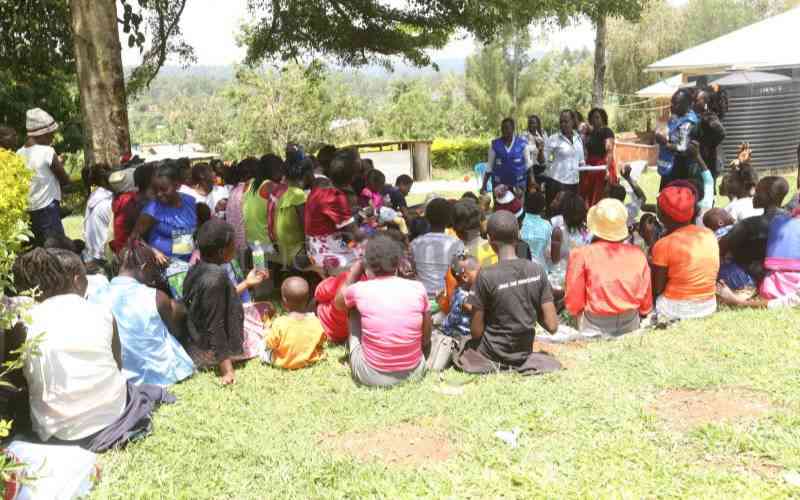×
The Standard e-Paper
Smart Minds Choose Us

When his name is mentioned, Reverend Johnson Bukachi conjures the image of a controversial preacher. He has been advocating for access to safe reproductive health services, such as safe abortion and family planning, in the conservative setting of Khwisero sub-county.